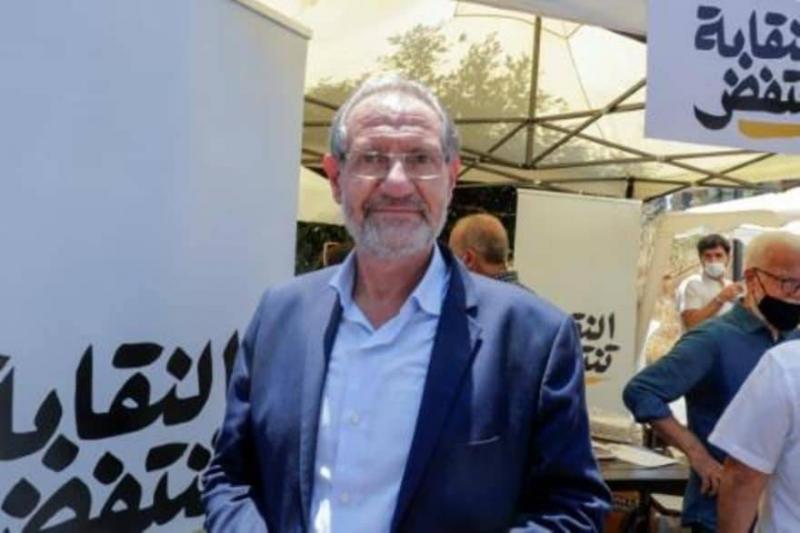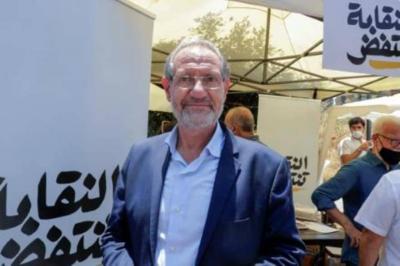On Sunday, an anti-political class candidate was elected as the head of engineers in Beirut, with Aref Yassin achieving a significant victory that many greeted on social media as a setback for a ruling class rejected by the public and facing international pressure. Yassin, 58 years old, topped the list "The Syndicate Revolts," which includes ten members, and received 5,798 votes. The list includes figures emerging from the protest movement that began in October 2019 against a political class accused of corruption and indifference, leading to the country’s collapse. His main opponents, Bassim Al-Awaini, supported by parties in power, and Abdo Sukria, received 1,528 and 1,289 votes, respectively.
Upon the announcement of results, many engineers and activists celebrated the victory gathered at the syndicate's headquarters. Aline Fleyhan, who participated in the voting, wrote on Facebook, "Congratulations on regaining the Engineers’ Syndicate; let’s hope we can reclaim the country soon!" Tarek Sharaf also wrote, "The revolution's momentum will not stop now!" The protest movement that began in the fall of 2019 against the political class in Lebanon previously led independent candidate Melhem Khalaf to win the position of head of lawyers in Beirut against a candidate supported by the ruling parties.
Lebanon is under the weight of an economic and financial crisis classified among the top ten most severe crises and possibly among the three worst since the mid-19th century, according to the World Bank, which attributes it to the government's failure to implement any rescue policy. The country has been experiencing a rapid economic collapse since the summer of 2019, worsened by the horrific Beirut port explosion on August 4 and measures to combat the coronavirus, while the power struggle over shares and influence among political forces has prevented the formation of a government for months.
On Thursday, the designated Prime Minister Saad Hariri announced his withdrawal from the mission to form a new government that is supposed to carry out reforms required by international institutions to provide desperately needed assistance to the country. France, which is leading international efforts to pull Lebanon out of its crisis, deemed Hariri's resignation a "tragic additional chapter in the incapacity of Lebanese officials to find a solution to the crisis (...) amid the economic and social reality" in the country. French Foreign Minister Jean-Yves Le Drian stated, "This continuous self-destruction has just witnessed a new chapter."




